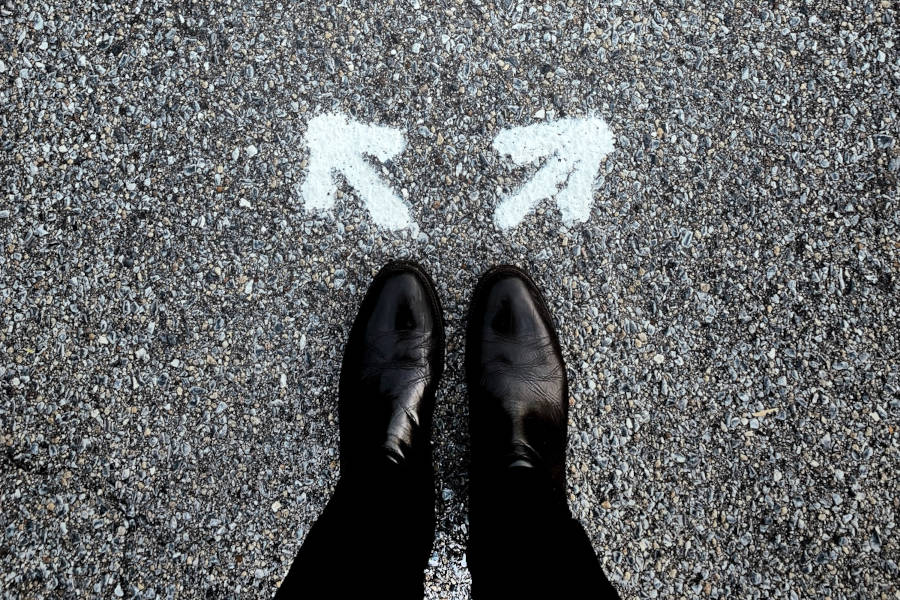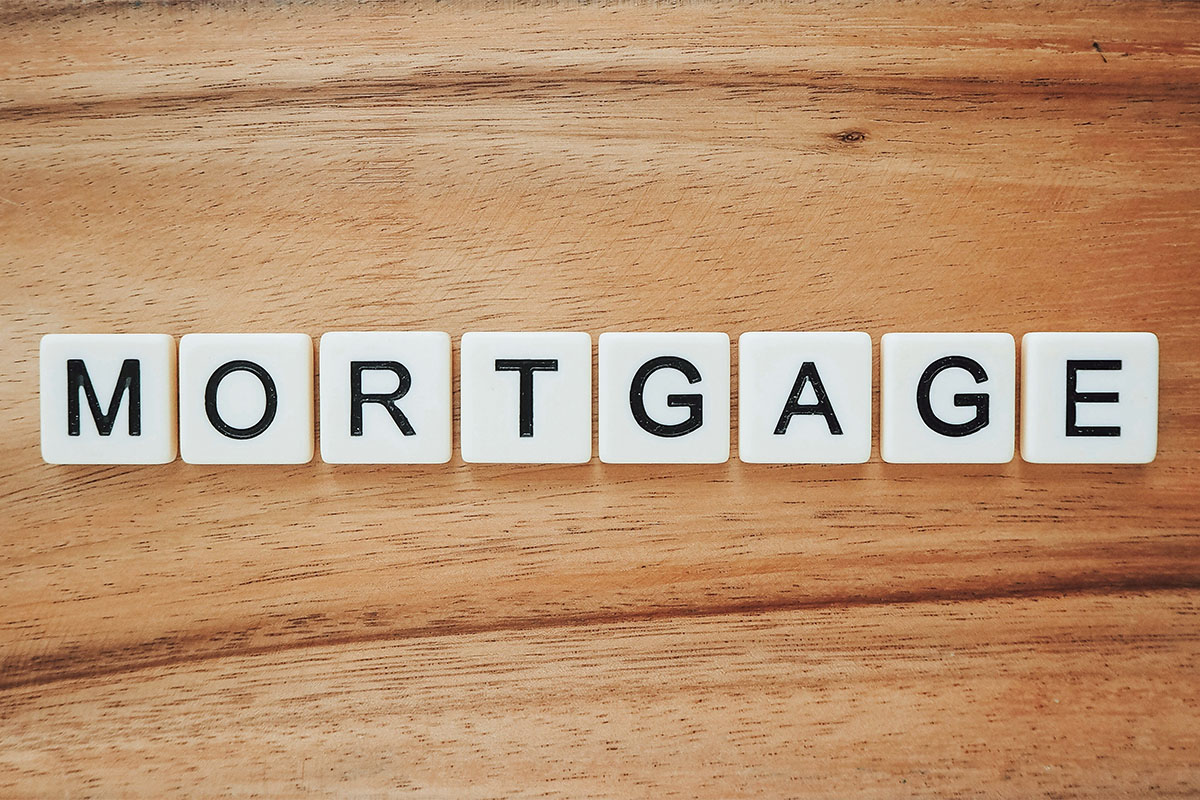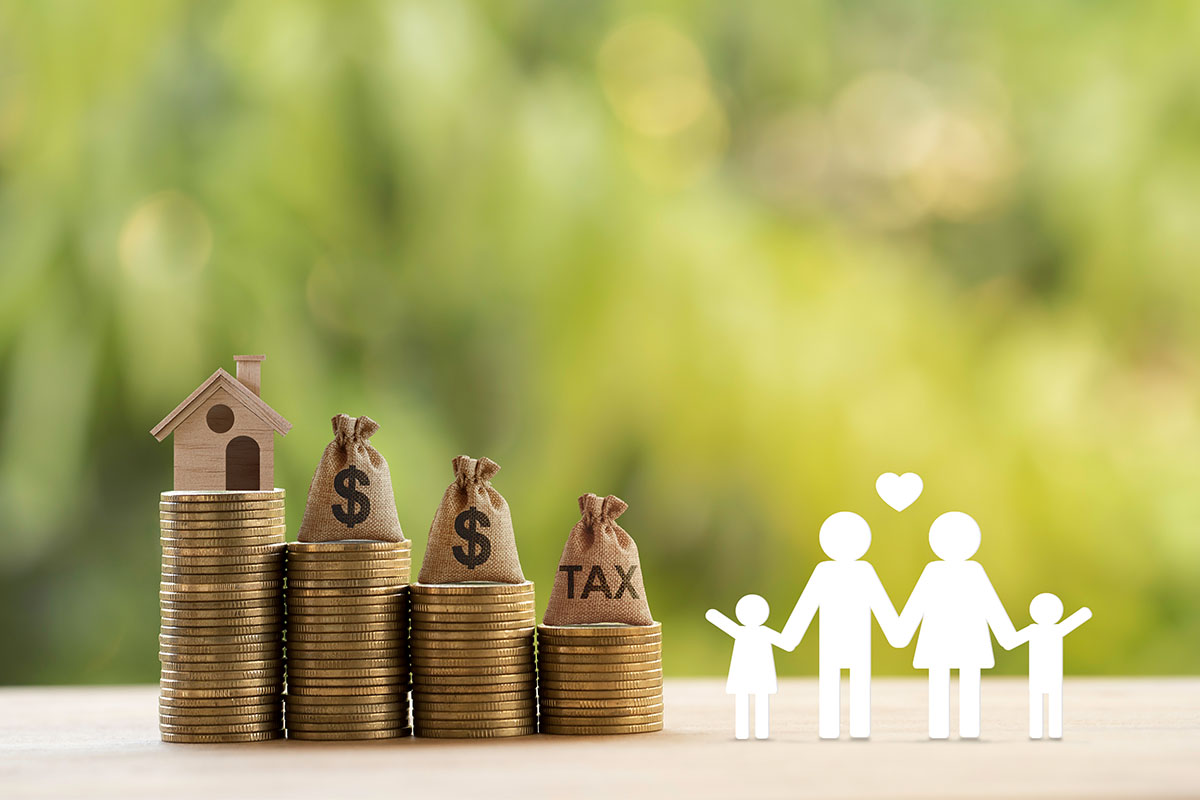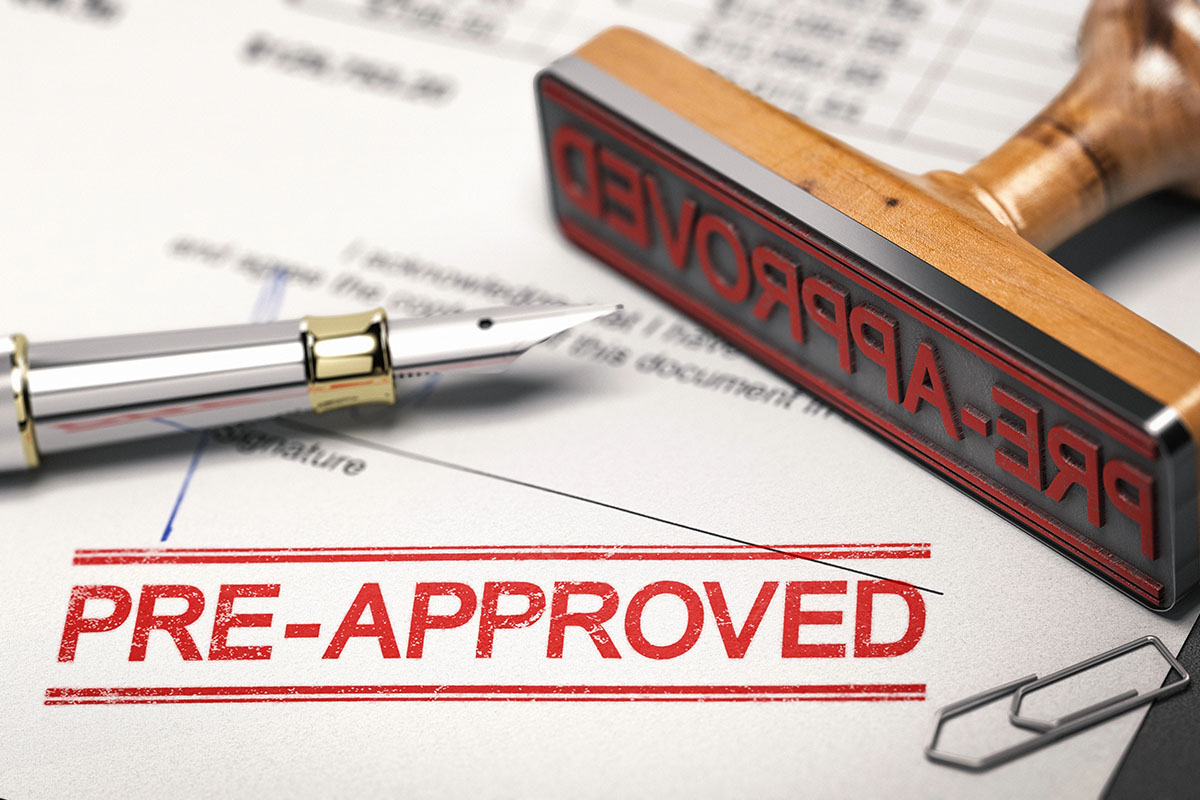In today’s world, the age-old debate of whether to own or rent a property remains prevalent. While each option has its merits and drawbacks, there has been an increasing trend towards owning Bastrop real estate in recent times. However, is it really better to own than rent? Whether you are considering purchasing that dream home or content with renting for now, this article promises to present compelling arguments on both sides while helping you make informed decisions about your future living arrangements.
Financial Pros & Cons
One of the most significant financial advantages of owning a property is that it typically represents a long-term investment that can appreciate over time. Unlike rentals in Bastrop TX, where you pay for accommodation without any real return on investment, homeownership allows you to build equity in your property with each mortgage payment made. Additionally, when the housing market is strong, your home’s value may increase exponentially, resulting in a substantial return on your initial investment.
On the downside, owning a home also comes with several financial drawbacks to consider. For one thing, once you own a property and take out a mortgage loan to finance its purchase price fully, you become responsible for not only maintaining its upkeep but also paying for all associated home improvements and repairs down the line. This means there are always ongoing expenses related to owning versus simply renting an apartment or house. Furthermore, if economic conditions shift adversely, mortgages payments may become increasingly difficult.
Maintenance & Repairs
When it comes to owning a property, one of the key responsibilities is maintaining and repairing it. While this may seem like a tedious task, regular maintenance can help prevent major repairs down the line, ultimately saving you both time and money in the long run. Additionally, being a homeowner means that you have the freedom to make any changes or updates to your property as you see fit without seeking permission from landlords or property managers.
On the other hand, renting often puts maintenance and repair responsibilities on the landlord or property management company. This means that renters do not need to worry about fixing leaks or replacing broken appliances themselves. However, they also may not have control over when these repairs are made and could be inconvenienced by contractors coming in and out of their home for extended periods of time.
Flexibility & Security
In addition to financial considerations, potential buyers should also consider quality of life factors like flexibility and security when deciding to rent or own a property.
Renting provides greater flexibility in terms of the length of stay, allowing for easier relocation if necessary. On the other hand, owning a property can provide much-needed security and stability. As long as mortgage payments are made on time, owners have control over their living space without fear of eviction or sudden changes in rental prices. On top of this, homeownership allows for customization and personalization of the home to suit individual needs.
Which Is Right for You?
When push comes to shove, the decision to own or rent a property boils down to your personal preferences and financial circumstances. While owning a home provides greater long-term financial stability and the freedom to customize your living space, it also comes with added responsibilities such as maintenance costs and mortgage payments. Ultimately, the choice between Bastrop homes for sale and rentals in the area come down to your current life situation, needs, and goals.




